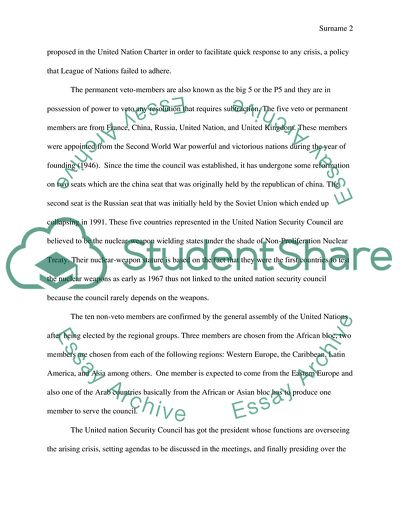Cite this document
(The UN Security Council and Gulf War Essay Example | Topics and Well Written Essays - 2000 words - 22, n.d.)
The UN Security Council and Gulf War Essay Example | Topics and Well Written Essays - 2000 words - 22. https://studentshare.org/politics/1747257-essay
The UN Security Council and Gulf War Essay Example | Topics and Well Written Essays - 2000 words - 22. https://studentshare.org/politics/1747257-essay
(The UN Security Council and Gulf War Essay Example | Topics and Well Written Essays - 2000 Words - 22)
The UN Security Council and Gulf War Essay Example | Topics and Well Written Essays - 2000 Words - 22. https://studentshare.org/politics/1747257-essay.
The UN Security Council and Gulf War Essay Example | Topics and Well Written Essays - 2000 Words - 22. https://studentshare.org/politics/1747257-essay.
“The UN Security Council and Gulf War Essay Example | Topics and Well Written Essays - 2000 Words - 22”. https://studentshare.org/politics/1747257-essay.


